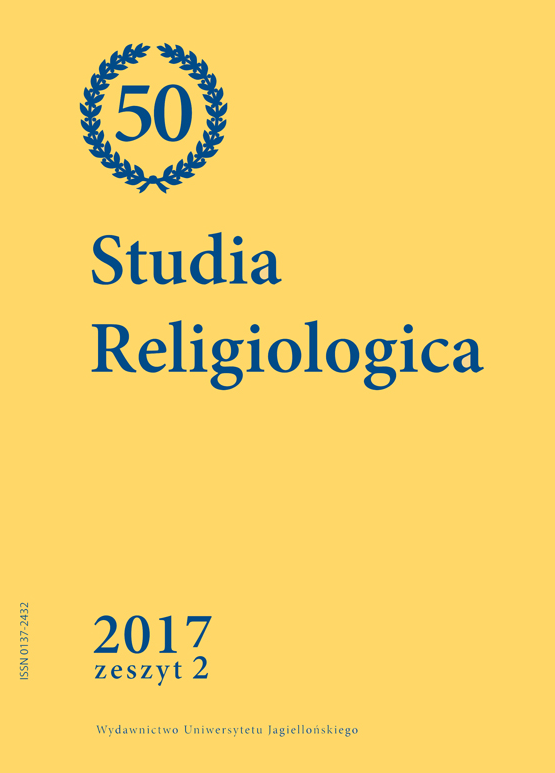Representation, Enaction, Religion. Different Models of Cognition and Their Implications for the Cognitive Study of Religions
Representation, Enaction, Religion. Different Models of Cognition and Their Implications for the Cognitive Study of Religions
Author(s): Matylda CiołkoszSubject(s): Customs / Folklore, Theology and Religion, Cognitive Psychology
Published by: Wydawnictwo Uniwersytetu Jagiellońskiego
Keywords: cognitive science of religion; enactivism; embodied cognition; representationism; ritual; religions of India;
Summary/Abstract: The aim of the paper is to consider the implications of applying the enactive approach to cognition within the study of religions. This approach is discussed as an alternative to the classical, cognitivist stance predominant among the proponents of cognitive science of religion (CSR). The most popular model within CSR is that of cognition as manipulation of concepts. The key assumptions of this model limit the understanding of religion to a system of beliefs. Applying an alternative model – of cognition as enaction – may contribute to creating a more comprehensive model of religion, taking into consideration its pre-conceptual origins. Using the category of representation as the departure point, the author juxtaposes the cognitivist and the enactive stance, showing how substituting the former with the latter necessarily changes the construal of religious activity and thinking.
Journal: Studia Religiologica. Zeszyty Naukowe Uniwersytetu Jagiellońskiego
- Issue Year: 50/2017
- Issue No: 2
- Page Range: 131-143
- Page Count: 13
- Language: English

